
How much does dental bonding cost?
Discover the cost of dental bonding and smart ways to save on your journey to a stunning smile.
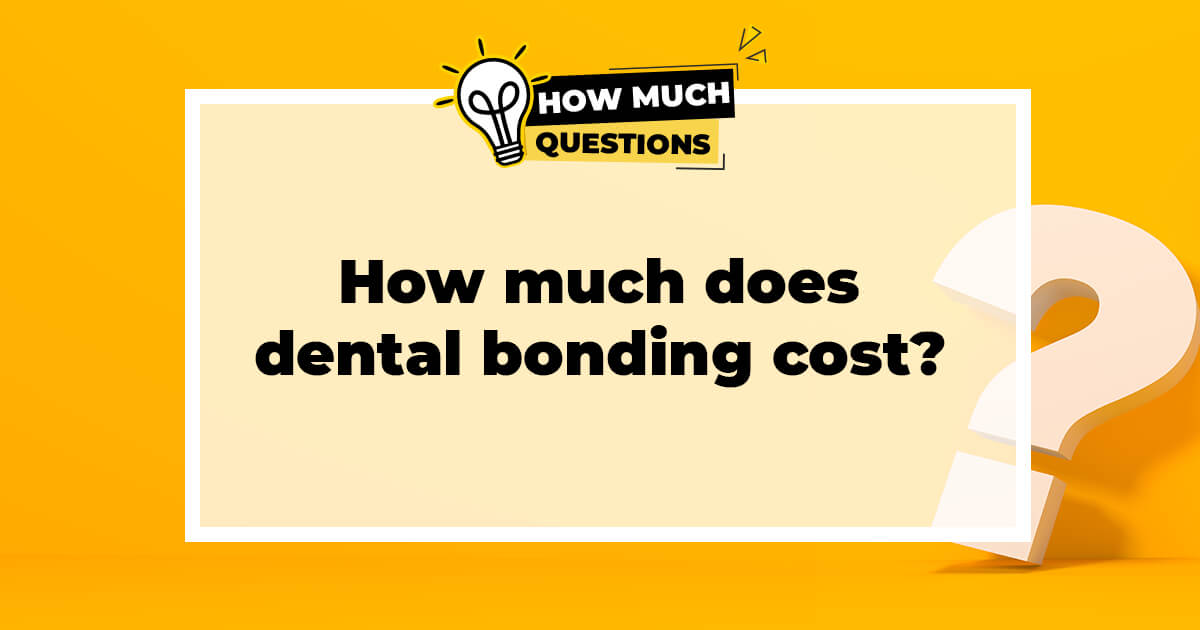
Introduction
Dental bonding can be a game-changer when it comes to transforming your smile. But before you take the plunge, it's essential to understand the financial aspect of this procedure. In this comprehensive guide, we'll delve into the factors that influence the cost of dental bonding, pre-purchase considerations, cost-saving tips, and guidance for making optimal choices. Let's explore the world of dental bonding costs to help you make an informed decision.
How Much Does Dental Bonding Cost?
Dental bonding is a popular cosmetic dentistry procedure used to repair chipped, cracked, or discolored teeth. The cost of dental bonding varies based on several factors:
- Location: Dental procedures often cost more in urban areas compared to rural ones.
- Dentist's Experience: Highly experienced dentists might charge more for their services.
- Complexity of the Procedure: Simple bonding procedures may cost less than those that are more intricate or involve multiple teeth.
On average, dental bonding can range from $300 to $600 per tooth. However, it's essential to consult with a local dentist for an accurate estimate tailored to your specific needs. Dental insurance may cover some of the costs if the bonding is deemed medically necessary.
Factors Influencing Cost
1. Severity of the Issue
The extent of dental issues you need to address plays a significant role in determining the cost. Minor cosmetic touch-ups will be more affordable than extensive repairs.
2. Location Matters
The cost of dental services varies from one location to another. Urban areas typically have higher prices than rural areas due to increased overheads.
3. Dentist's Experience
An experienced dentist might charge more for their expertise. However, their skill can often lead to better, longer-lasting results.
4. Materials Used
The quality of the materials used in dental bonding can impact the cost. Discuss with your dentist to find the right balance between quality and affordability.
5. Additional Procedures
If dental bonding is part of a more extensive treatment plan, such as a smile makeover, the overall cost will be higher.
Pre-Purchase Considerations
1. Dental Evaluation
Before committing to dental bonding, consult your dentist for a thorough evaluation. They can help you determine if it's the right solution for your needs.
2. Insurance Coverage
Check with your dental insurance provider to see if dental bonding is covered. Understanding your insurance policy can significantly impact your decision.
3. Long-Term Goals
Consider your long-term dental goals. Dental bonding is a cost-effective option for minor issues, but other treatments may be more suitable for significant problems.
4. Dentist Selection
Research and choose a reputable dentist. Quality and experience are vital when it comes to dental procedures.
Cost-Saving Tips
1. Dental Schools
Some dental schools offer discounted dental services performed by students under the supervision of experienced faculty.
2. Insurance Review
Review your dental insurance plan and explore options that can help reduce out-of-pocket costs.
3. Compare Prices
Don't hesitate to get quotes from multiple dentists to find competitive pricing for your dental bonding procedure.
4. Payment Plans
Ask your dentist about flexible payment options or financing plans that can make the procedure more affordable.
Guidance for Optimal Choices
1. Consultation
Schedule a consultation with your chosen dentist to discuss your specific needs and expectations.
2. Ask Questions
Don't be afraid to ask questions about the procedure, materials, and expected outcomes.
3. Aftercare
Discuss post-treatment care and maintenance to ensure the longevity of your dental bonding.
Conclusion
In summary, understanding the cost of dental bonding is crucial when considering this cosmetic dental procedure. By taking into account the factors influencing cost, pre-purchase considerations, and cost-saving tips, you can make a well-informed decision. Remember, seeking professional advice from your dentist is essential to ensure you receive personalized guidance tailored to your unique needs. Your journey to a stunning smile starts with informed choices.
This article is intended for informational purposes only and should not be considered as professional dental advice. Always consult with a qualified dentist to discuss your specific dental needs and treatment options.
FAQ: Frequently Asked Questions
How much can you expect to pay for dental bonding?
Dental bonding is a procedure where a tooth-colored resin material is applied and hardened with a special light, bonding the material to the tooth to improve a person's smile. Typically, you can expect to pay around $300 to $600 per tooth. The cost can vary depending on factors such as location, dentist's expertise, and the complexity of the procedure. Some dental insurance plans may cover a portion of the cost, especially if the bonding is deemed medically necessary.
What is the average cost of dental bonding in 2023?
The average cost of dental bonding in 2023 is approximately $1,260. However, prices can range up to $2,800 based on various factors, including the dentist's location, experience, and the specific requirements of the procedure. It's essential to compare prices and reviews before deciding on a dental professional.
Why would someone need dental bonding?
Dental bonding is a cosmetic dentistry treatment used to address issues like chipped, cracked, or discolored teeth. It can enhance the appearance of teeth, making them look more uniform and aesthetically pleasing. The procedure is relatively quick and can often be completed in a single office visit.
How does dental bonding compare to dental veneers?
Both dental bonding and veneers are cosmetic procedures used to improve the appearance of teeth. While bonding involves applying a resin material directly to the tooth, veneers are thin shells made of porcelain or composite material that are cemented to the front surface of the teeth. Veneers are typically more expensive than bonding but can offer a more natural and long-lasting result.
Is dental bonding a long-term solution?
Dental bonding is a relatively durable solution, but it's not permanent. On average, dental bonding can last between 5 to 10 years, depending on factors like oral hygiene practices and dietary habits. It's essential to avoid habits like biting nails or chewing on hard objects to prolong the lifespan of dental bonding.
How does the cost of dental bonding vary by location?
The cost of dental bonding can vary significantly based on the location. Urban areas with a higher cost of living might have higher dental procedure rates than rural areas. It's always a good idea to get quotes from multiple dentists in different locations to find the best price.
Are there any risks associated with dental bonding?
Like any dental procedure, there are potential risks associated with dental bonding. However, they are minimal. Some patients might experience sensitivity after the procedure, but this usually subsides within a few days. It's essential to discuss any concerns with your dentist before undergoing the procedure.
How often does dental bonding need to be replaced?
Dental bonding doesn't last forever. On average, you might need to replace the bonding every 5 to 10 years. However, with proper care and maintenance, some patients find that their bonding lasts longer.
Can dental insurance cover the cost of dental bonding?
Dental insurance might cover some of the costs of dental bonding, especially if it's deemed medically necessary. However, if the procedure is purely for cosmetic reasons, insurance might not cover it. It's essential to check with your insurance provider before undergoing the procedure.
How does dental bonding work?
Dental bonding involves applying a tooth-colored resin material to the tooth, which is then hardened using a special light. This bonds the material to the tooth, improving its appearance. The procedure is relatively quick and can be completed in a single office visit.
 How Much Do Retainers Cost to Replace?
How Much Do Retainers Cost to Replace? How Much Do Porcelain Veneers Cost?
How Much Do Porcelain Veneers Cost? How Much Do Braces Cost in Texas?
How Much Do Braces Cost in Texas? How much does a new retainer cost?
How much does a new retainer cost?If you want to know other articles similar to How much does dental bonding cost? you can visit the category Medical and Dental.
- Introduction
- How Much Does Dental Bonding Cost?
- Factors Influencing Cost
- Pre-Purchase Considerations
- Cost-Saving Tips
- Guidance for Optimal Choices
- Conclusion
- FAQ: Frequently Asked Questions
- How much can you expect to pay for dental bonding?
- What is the average cost of dental bonding in 2023?
- Why would someone need dental bonding?
- How does dental bonding compare to dental veneers?
- Is dental bonding a long-term solution?
- How does the cost of dental bonding vary by location?
- Are there any risks associated with dental bonding?
- How often does dental bonding need to be replaced?
- Can dental insurance cover the cost of dental bonding?
- How does dental bonding work?
Leave a Reply

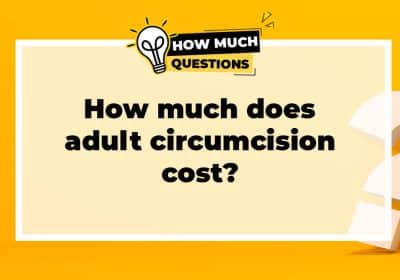
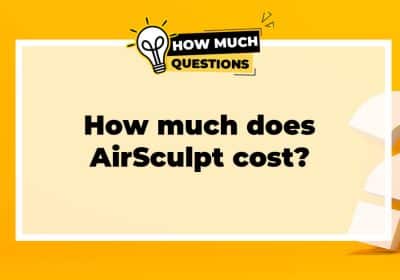
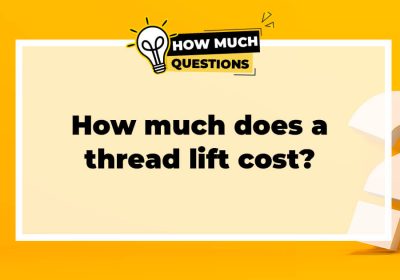
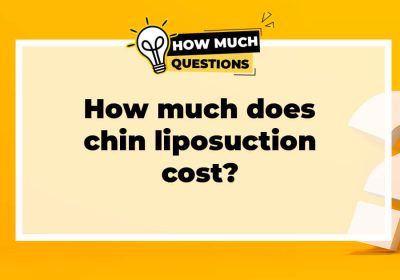
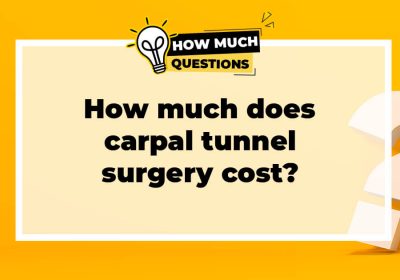

You might be interested in